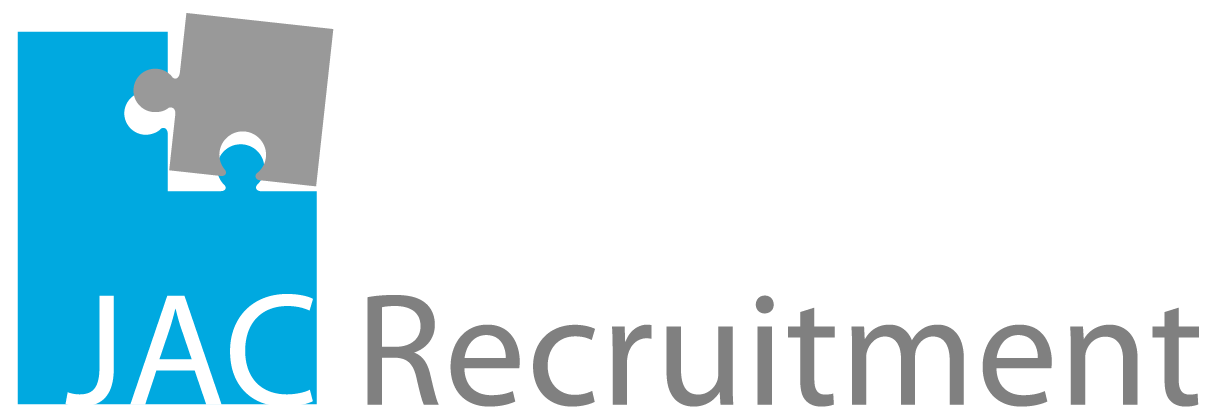Securing professionals in Germany is a critical undertaking for organisations aiming to strengthen their teams with experienced talents who can drive growth and stimulate innovation. However, the process of hiring for these critical roles requires a sophisticated approach, comprehensive evaluation, and informed decision-making.
In this article, we explore the essential considerations and best practices organisations must embrace while navigating the complex landscape of hiring professionals.
Top Strategies for Sourcing Professionals
Meticulous planning sets the foundation for successfully sourcing professionals who are likely to fit the role. This involves defining and outlining the desired skills and attributes for the position and crafting tailored interview questions that probe their capabilities and potential.
Craft a detailed job description: The first step involves clearly outlining the objectives and expectations of the role and its contribution to the organisation. Subsequently, developing a comprehensive job description detailing the role's responsibilities, required skills, qualifications, and expectations. This clear communication of the position's scope is essential for attracting the most suitable talent.
Research candidates thoroughly: Delve deeply into candidates' backgrounds by thoroughly reviewing their resumes, social media profiles, and any other available information. Seek out relevant industry experience, notable achievements, leadership roles, and indicators of cultural fit.
Prepare tailored interview questions: Develop a set of structured interview questions that probe their capabilities, problem-solving skills, leadership abilities, and organisational alignment. Tailor questions to assess specific competencies and potential challenges of the role.
How to Conduct an Interview
After sourcing potential professionals and inviting them for an interview, organisations need to ensure a flawless execution plan. Interviewers must create a conducive and professional environment to allow seamless in-depth discussions and observations with potential talent. Active listening and effective communication skills are paramount during these interviews, enabling interviewers to dive deeper into candidates’ responses and uncover insights that may not otherwise be evident.
Set the stage properly: Create a welcoming and professional environment for the interview by introducing the interview panel, providing an overview of the interview process, and encouraging candidates to ask questions.
Develop targeted interview questions: Develop a set of structured interview questions that assess candidates' capabilities, problem-solving skills, leadership abilities, and cultural alignment. Tailoring questions as per the talent profile, role requirements, and organizational alignment will help interviewers evaluate specific competencies and potential challenges in the future.
Probe for depth and insight: Ask open-ended questions that encourage candidates to provide detailed examples of their past experiences, achievements, and decision-making processes. Plunge deeper into specific projects, challenges, and outcomes to assess their suitability for the role.
Evaluate leadership potential: Assess leadership capabilities, including their ability to inspire teams, drive results, and navigate complex situations. Ask about their management style, their approach to team building, and strategies for driving organisational change or growth. During the interview stage, interviewers can apply several behavioural interview methods, such as the STAR interview method. STAR, acronym for Situation, Task, Action, and Result, elicits detailed and structured responses from candidates. This approach helps assess their problem-solving and decision-making skills by focusing on specific examples from their past experiences.
Situation | Specific situations, what actually happened |
Task | Responsibilities and challenges in the situation |
Action | Knowing that, how they acted |
Result | What were the consequences of the action? |
Provide insights into the organisation: To attract top talent and assess cultural fit, share a comprehensive understanding of the organisation's history, culture, strategic priorities, and growth opportunities; highlight the value proposition of joining your organisation or team.
Simultaneously, explore candidates' alignment with your organisation's values, mission, and work culture by inquiring about their work preferences, collaboration style, and ability to thrive in your unique environment.
Comprehensive Post-Interview Evaluation Steps for Hiring Success
A comprehensive evaluation post-interview is a crucial step in ensuring the identified professional is not only an expert in technical competencies and soft skills but also has the potential for growth and agility to adapt to the organisational vision and culture.
Debrief and evaluation: Conduct a post-interview debrief with the interview panel, such as hiring managers, department heads, and other key stakeholders, to discuss candidate’s strengths, weaknesses, and overall fit for the role. Evaluate each candidate against the predetermined criteria and assess their potential contributions to the organisation. Solicit feedback from those involved in the interview process.
Conduct reference checks: Reach out to candidates' references to verify their qualifications, performance, and character. Ask probing questions to gain insights into their work ethic, interpersonal skills, and suitability for the role.
Communicate with candidates: Keep candidates informed about the status of their application and provide timely feedback, maintaining professionalism and transparency in all communications, whether extending an offer or notifying them of their status.
Extend job offers: Once a suitable candidate is identified, extend a formal job offer outlining the terms of employment, compensation package, and start date.
Navigating recruitment demands a strategic approach that encompasses meticulous planning, thoughtful execution, and comprehensive evaluation. These key components are essential to ensure that the hiring process effectively identifies candidates who not only possess the requisite qualifications and experiences but also align with the organisation's culture and long-term goals.
If you need further assistance with hiring professionals, reach out to our experienced JAC Recruitment Germany consultants for a non-obligatory discussion. Engaging the right professionals is crucial in today’s dynamic talent acquisition landscape, as strategic hiring is instrumental in propelling your organisation towards its vision and goals. By leveraging our deep knowledge of the industry and broad network of professionals, we can support you in gaining insights about hiring strategy, writing attractive job descriptions, sourcing candidates, conducting interviews, and overseeing onboarding to streamline your hiring process.


